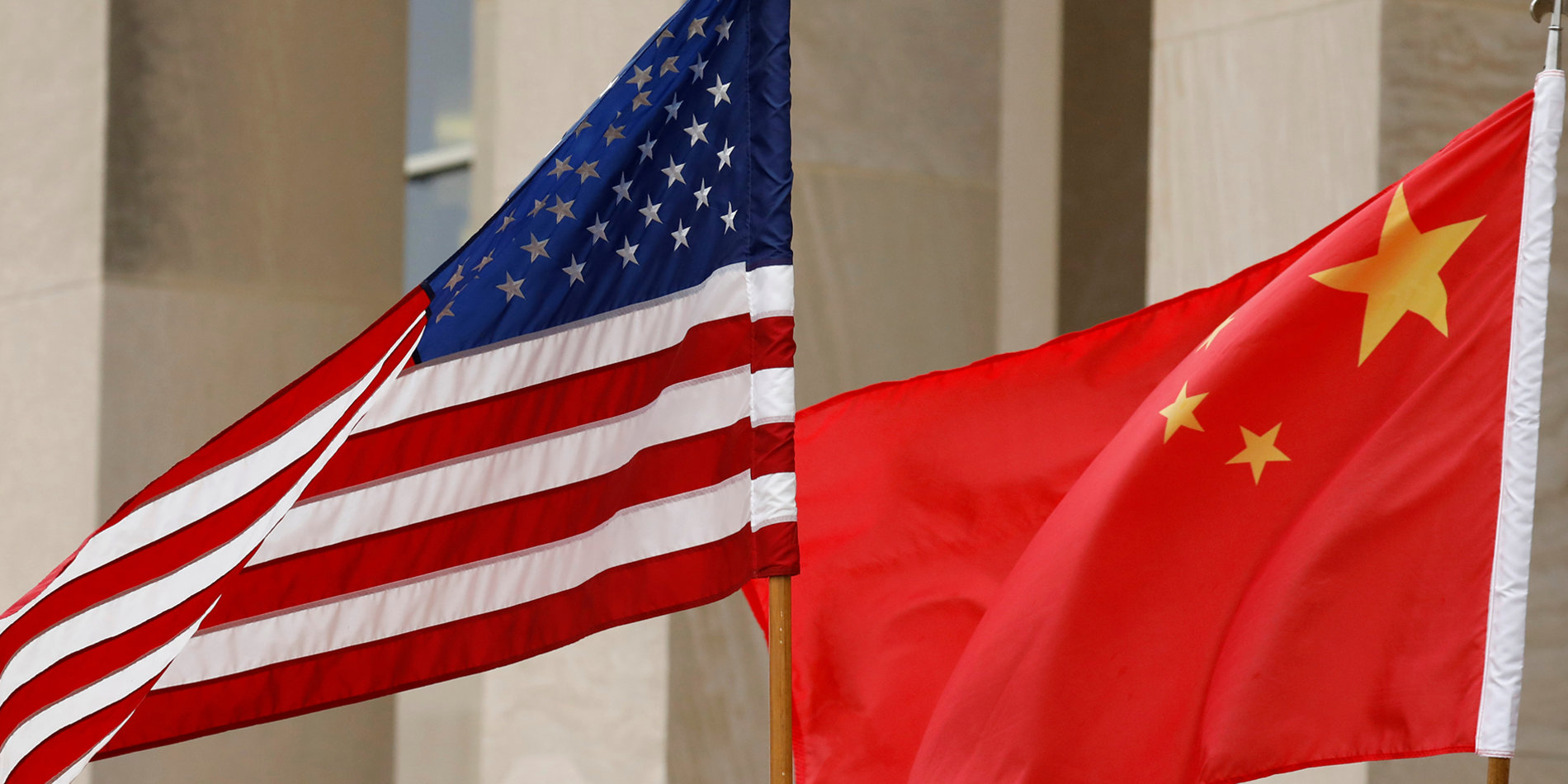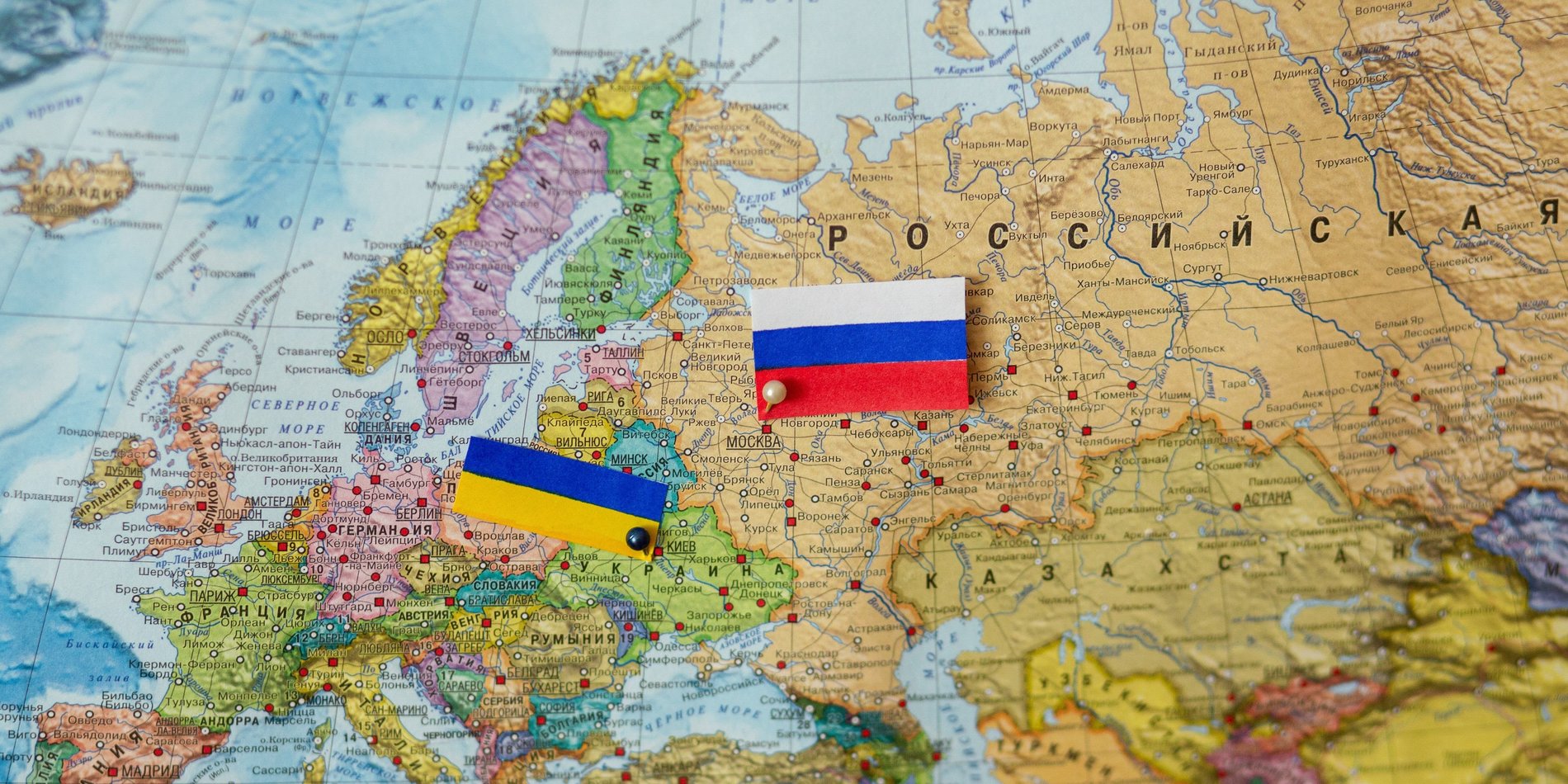Who is winning the artificial intelligence race?
Who’s winning the worldwide competition to develop and exploit artificial intelligence? Not the U.S., says Dr. Kai-Fu Lee, a venture capitalist and author of “AI Superpowers: China, Silicon Valley and the New World Order.”
Although researchers and tech companies in the U.S. hold the lion’s share of AI patents and were responsible for key breakthroughs in the field, the game has changed, and China is taking the lead. “We are now in the implementation phase. It’s a question of who can build the fastest,” Lee said during a recent talk at the AI Salon series presented by the Stanford Human-Centered Artificial Intelligence (HAI) Initiative and the Stanford Artificial Intelligence Lab (SAIL).
Building the fastest doesn’t necessarily require the top tier of researchers. “For most applications, you don’t really need super AI experts. Young AI engineers will suffice.” And China has them.
Indeed, the last really significant breakthrough in AI — deep learning — was nine years ago.
“Without big breakthroughs, it is hard for the U.S to maintain its lead because AI technologies are reasonably well understood,” Lee said.
Machine learning and artificial intelligence rely on data — lots of data — to function. And that’s where China has its biggest advantage. Not only does China have a huge population, its residents lead by far the United States in the use of mobile applications and payments. Every click, every sale, generates data. “If data is the new oil, China is the new OPEC,” Lee said.
What’s more, the business environment in China is friendlier to AI companies, with more government support and less regulation than in the U.S.
China’s advances in AI haven’t gone unnoticed by investors. Last year, 48 percent of the venture capital money directed to AI went to China, compared to 38 percent invested in U.S. ventures, Lee said.
There are, of course, challenges posed by AI, not the least of which is the threat of job losses, a point made by Lee and two other speakers at the Salon: Susan Athey, a professor of economics at Stanford’s Graduate School of Business, and Erik Brynjolfsson, director of the MIT Initiative on the Digital Economy.
Even so, the stakes in the AI race are extremely high. Over the next 11 years, AI and related technologies will account for some $11 trillion in economic activity, a sum larger than the combined economies of China and India, Lee said.



